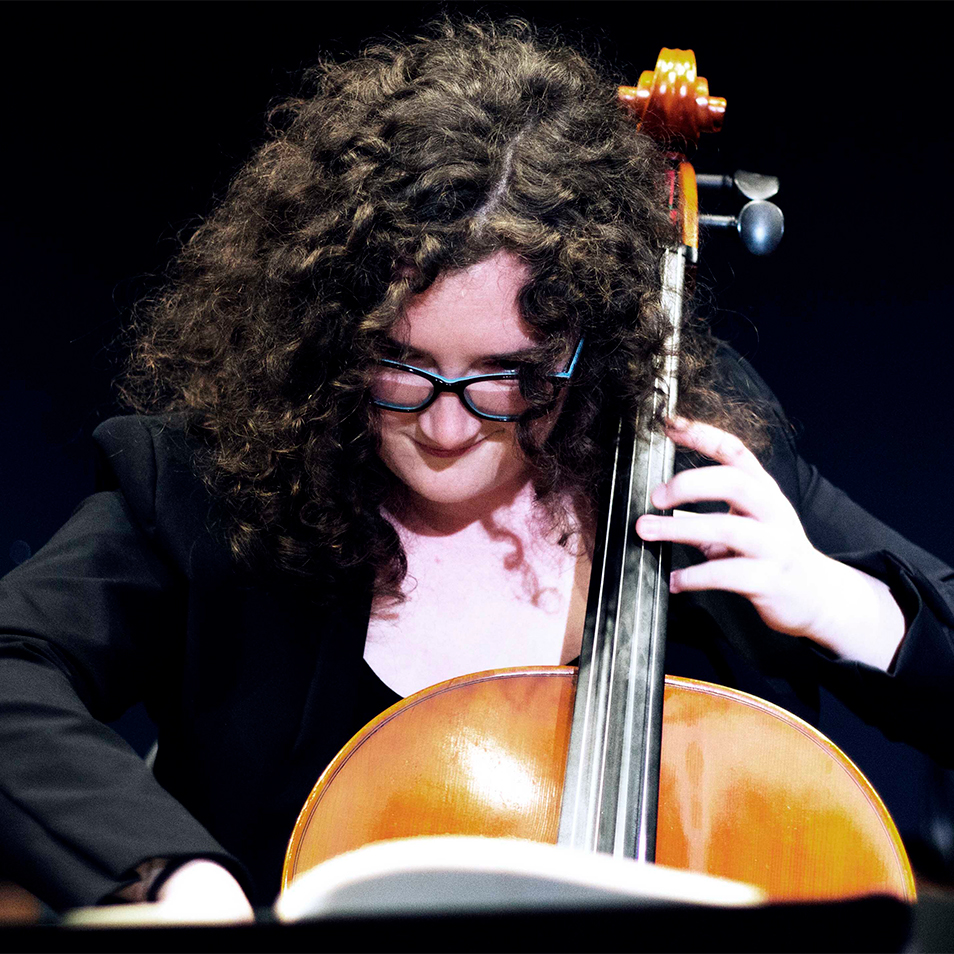Big band of the Future? Applying techniques of the New York School of composers to large jazz ensemble
While experimental improvisation techniques are primarily applied in small jazz ensembles, the repertoire and style for large jazz ensembles, like big bands, consists largely of traditional mainstream big band music from the 1940s till the 1960s. Improvisation, a key element in jazz was used by members of New York School of composers [John Cage, Morton Feldman, Earle Brown and Christian Wolff] to attain a central aim: reducing composer influence. This practice-based research project focuses on creating a folio of new music exploring the application of abstract composition techniques of the NY school in large jazz ensemble, articulated by a critical commentary.
Using composition as a central method, composition techniques from the NY school were applied to large jazz ensemble. Methods used to interrogate and reflect on process and outcomes, were interviews, reflective journals (auto ethnographic approach), and music analysis. The perspective of the researcher; both performer and composer, offered the opportunity to closely investigate collaboration, composer influence, and performer agency in a jazz context. Embodied knowledge (Borgdorff 2012), articulated by a critical commentary, is the main outcome of this study. Additional outcomes are: a model that connects notation, collaboration and composer influence; as well as considerations for cross-genre collaborations.
Three larger compositional works were created: Shapes, a six-part suite for string quartet, saxophone and piano, Jarrah, a 20-minute animated graphic score in five movements for an 11-piece chamber orchestra, and Stranded, a 60-minute concert for nonet.
About Research Seminar Series
Research seminars are presented by current staff, higher degree by research candidates and visiting academics.
The seminar series showcases the work of our higher degree by research candidates and provides valuable professional development opportunities for undergraduate and coursework students who are interested in research. Visiting scholars are regularly invited to address staff and students, and the seminars are open to the public.
